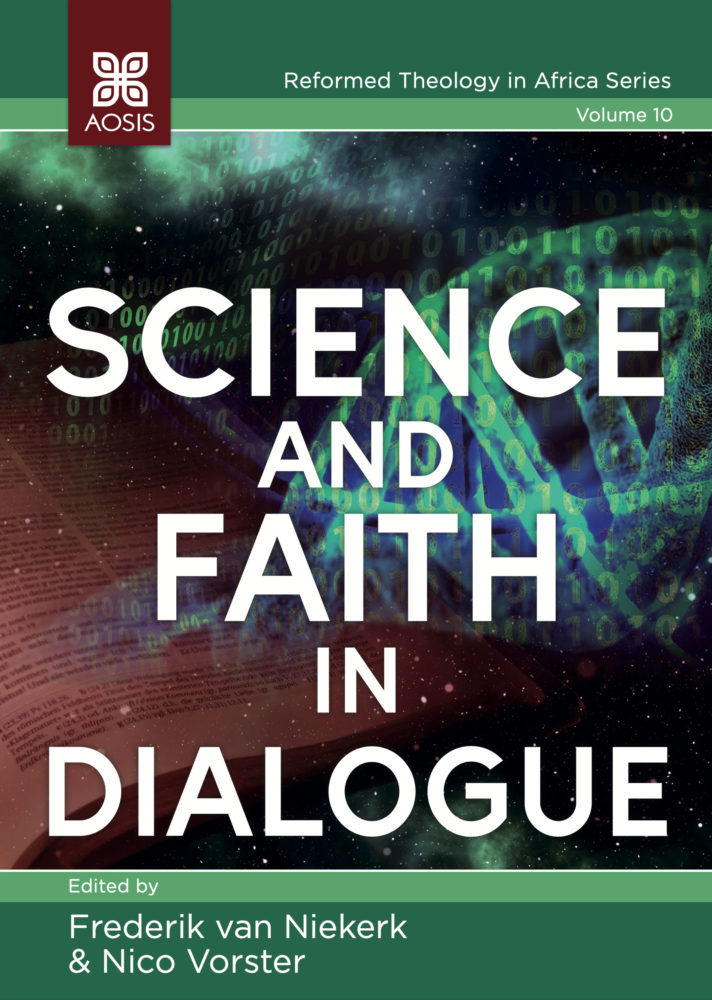

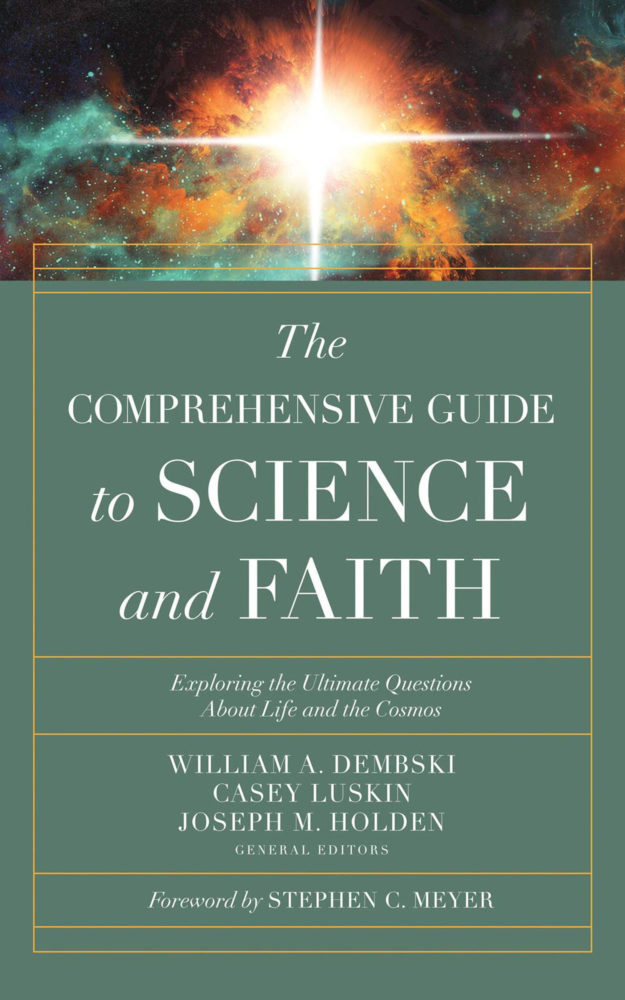
The Comprehensive Guide to Science and Faith
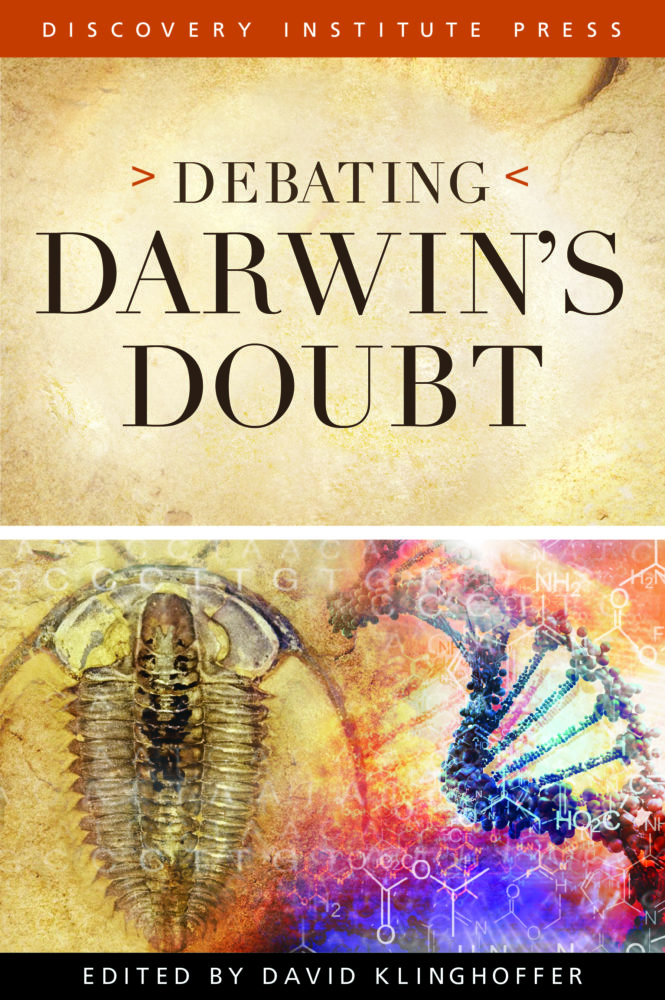
Debating Darwin’s Doubt
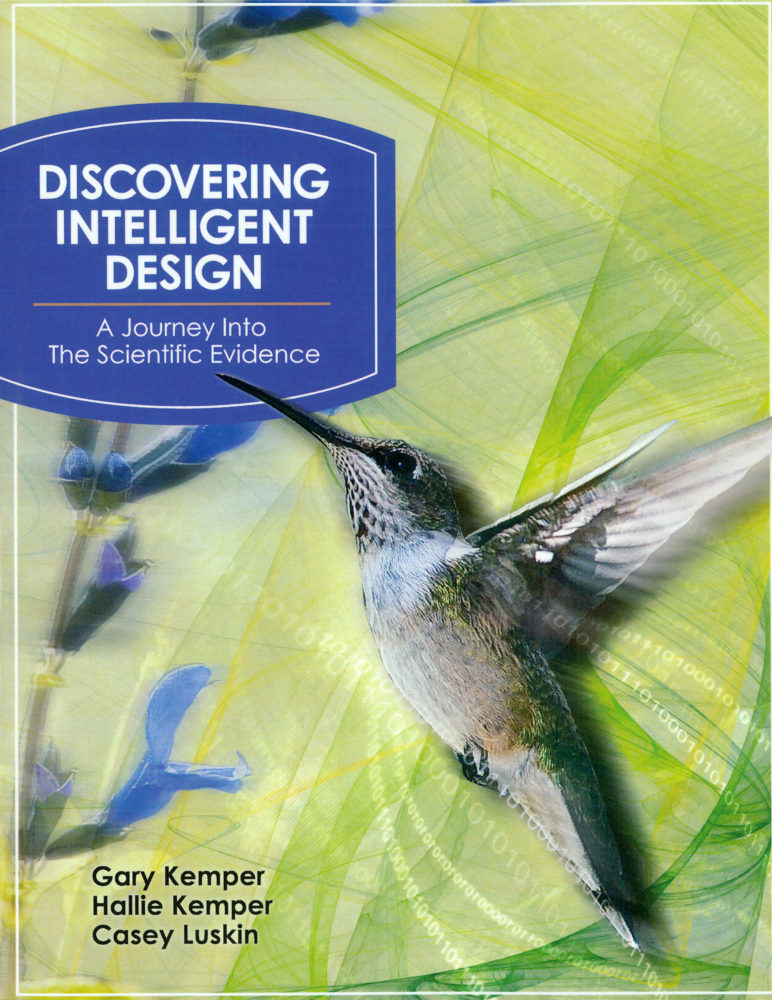
Discovering Intelligent Design: Workbook

Discovering Intelligent Design
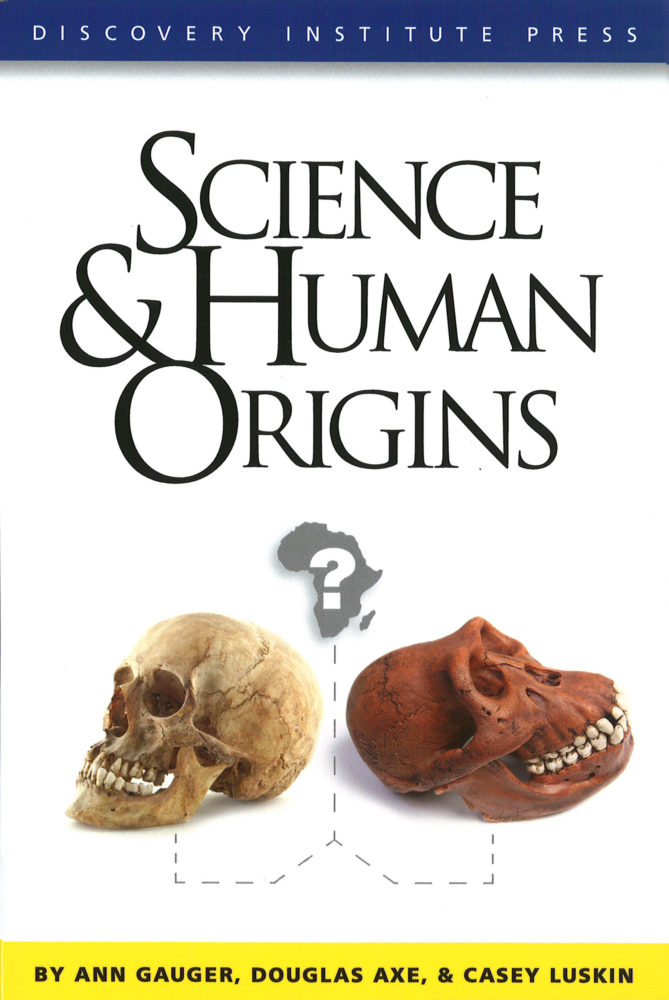
Science and Human Origins
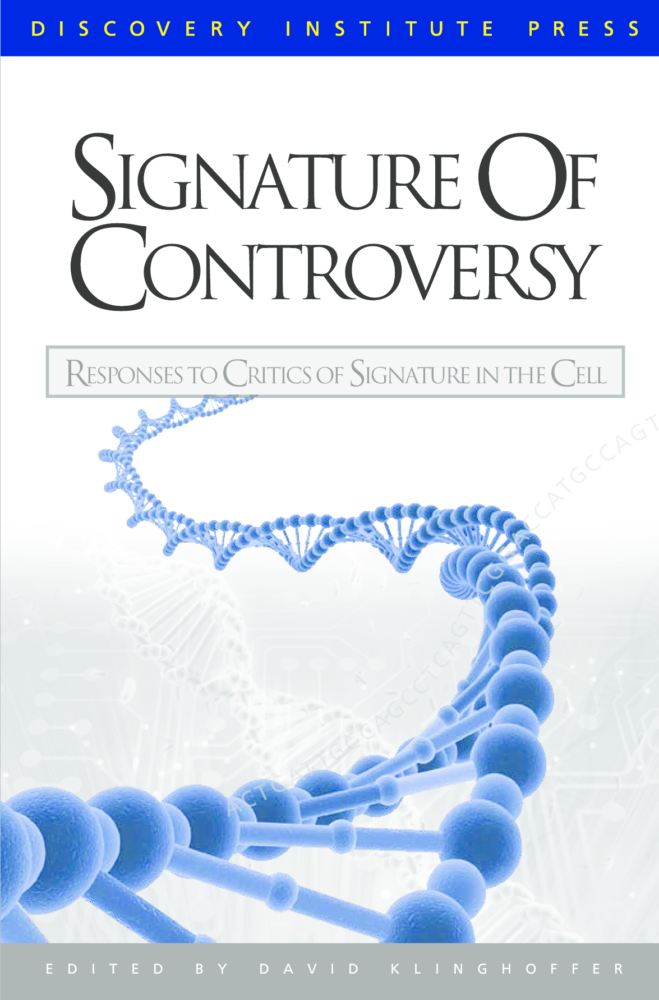
Signature of Controversy
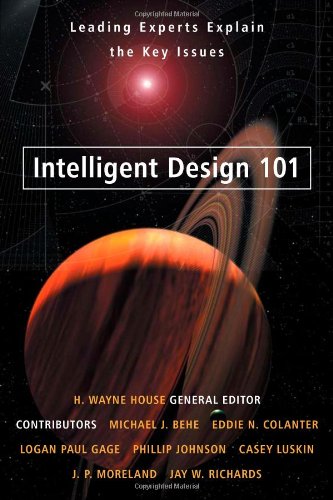
Intelligent Design 101
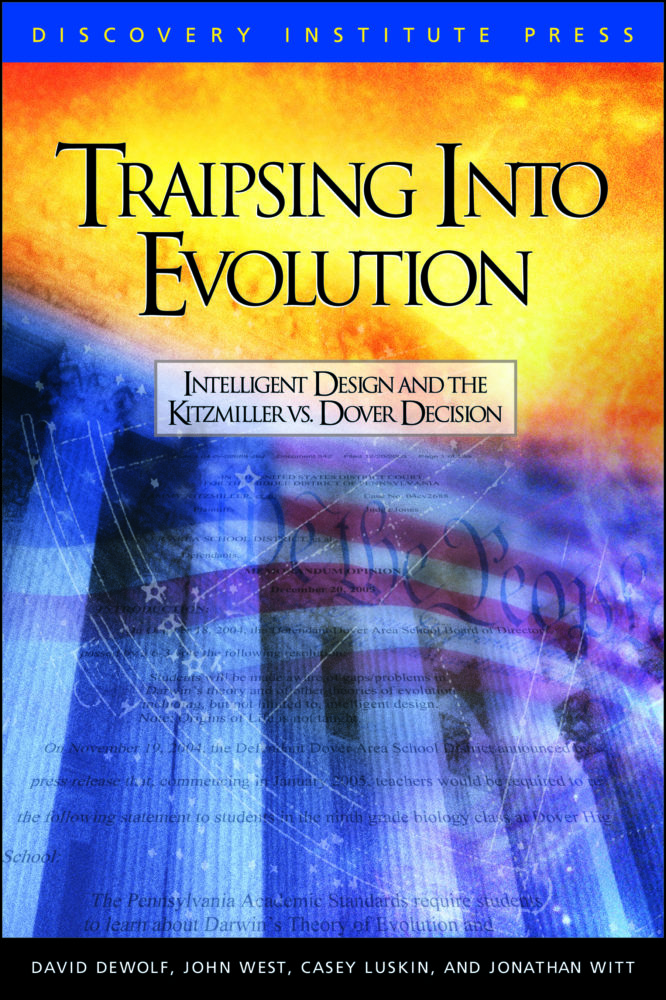
Traipsing Into Evolution
Book Contributions
Casey Luskin, Allan Wilson, Digby Gold, and Axel Hofmann, “The Pongola Supergroup: Mesoarchaean Deposition Following Kaapvaal Craton Stabilization,” in The Archaean Geology of the Kaapvaal Craton, Southern Africa, edited by Alfred Kröner and Axel Hofmann (Springer Nature, 2019), pp. 225-254.
Three chapter contributions to The Harvest Handbook of Christian Apologetics, edited by Joseph Holden (Harvest House, 2019):
- Casey Luskin, “How Do We Respond to Objections to Intelligent Design?”
- Casey Luskin, “What are the Top 10 Problems with Evolution?”
- Steve Meyer and Casey Luskin, “Has the Christian Worldview Impacted the Development of Science?”
Two chapter contributions to Theistic Evolution: A Scientific, Theological, and Philosophical Critique, edited by JP Moreland, Stephen Meyer, Chris Shaw, and Wayne Grudem (Crossway, 2017):
- “Universal Common Descent: A Comprehensive Critique” (Chapter 11)
- “Missing Transitions: Human Origins and the Fossil Record” (Chapter 14)
Multiple entry contributions to Dictionary of Christianity and Science, edited by Paul Copan, Tremper Longman III, Christopher L. Reese, and Michael G. Strauss (Zondervan, 2017), including:
- “Co-option”
- “Dean Kenyon”
- “DNA”
- “Hominid Fossils”
- “Just-So Stories”
- “Neo-Darwinian Synthesis”
- “Pseudogenes”
- “Punctuated Equilibrium”
- “The Mystery of Life’s Origin”
Casey Luskin, “Advocating Intelligent Design with Integrity, Grace, and Effectiveness,” in A New Kind of Apologist, edited by Sean McDowell (Harvest House, 2016).
Multiple chapter contributions to Debating Darwin’s Doubt, edited by David Klinghoffer, (Discovery Institute Press, 2015), including:
- “Rush to Judgment” (Chapter 3)
- “How ‘Sudden’ Was the Cambrian Explosion?” (Chapter 6)
- “Cladistics to the Rescue?” (Chapter 9)
- “Small Shelly Fossils and the Cambrian Explosion” (Chapter 13)
- “Darwin Defenders Love Donald Prothero’s Amazon Review” (Chapter 22)
- “Does the ‘Great Unconformity’ Explain Missing Ancestors?” (Chapter 23)
- “Hostile Responses Change a Thoughtful Reader” (Chapter 26)
- “Teamwork: New York Times and Science Offer a Rebuttal” (Chapter 28)
- “Finding the Designer’s Garbage” (Chapter 31)
- “Are Biologists Coming to Reject Neo-Darwinian Evolution?” (Chapter 35)
- “Mistaking Intelligent Design for a God-of-the-Gaps Argument” (Chapter 38)
- “Among Theistic Evolutionists, No Consensus” (Chapter 41)
- “Erwin and Valentine: The Cambrian Enigma Unresolved” (Chapter 43)
Casey Luskin, “The Top Ten Scientific Problems with Biological and Chemical Evolution,” in More Than Myth?, edited by Paul D. Brown and Robert Stackpole (Chartwell Press, 2014).
Multiple chapter contributions to The Unofficial Guide to Cosmos: Fact and Fiction in Neil deGrasse Tyson’s Landmark Series, edited by David Klinghoffer (Discovery Institute Press, 2014), including:
- “Persecuting Science” (Chapter 4)
- “Flawed History” (Chapter 6)
- “Slipshod History” (Chapter 7)
- “Unguided Answers” (Chapter 8)
- “Science and Christianity” (Chapter 11)
- “Faraday & Maxwell as Christians” (Chapter 13)
- “Mozi’s Monotheism” (Chapter 15)
- “Darwin’s Flowers” (Chapter 16)
- “A Speck of Sand” (Chapter 18)
- “Continental Drift” (Chapter 20)
- “Cosmos & Philosophy” (Chapter 22)
- “Panspermia” (Chapter 24)
- “Privileged Planet” (Chapter 27)
- “Lies as Useful Myths” (Chapter 28)
- “Materialism for the Masses” (Chapter 29)
Casey Luskin, “Textbooks Are Biased in Favor of Evolution,” chapter in Are Textbooks Biased, edited by Noah Berlatsky (Greenhaven Press—Gale Cengage Learning, 2012).
Casey Luskin, “Smelling Blood in the Water: Why Theistic Evolution Won’t Appease the New Atheists,” in God and Evolution: Protestants, Catholics, and Jews Explore Darwin’s Challenge to Faith, edited by Jay Wesley Richards (Discovery Institute Press, 2010) (Note: God and Evolution was co-awarded a “Book of the Year” award by World Magazine in 2011).
Multiple chapter contributions to in Signature of Controversy: Responses to Critics of Signature in the Cell, edited by David Klinghoffer (Discovery Institute Press, 2010), including:
- “Every Bit Digital: DNA’s Programming Really Bugs Some ID Critics” (Chapter 9)
- “Signs of Desperation? Early Responses to Signature in the Cell are Readily Dismissible” (Chapter 17)
- “Get Smart: Stephen Meyer’s Critics Fail to Show Unintelligent Causes Can Produce Biological Information” (Chapter 18)
- “Gotcha! On Checking Stephen Meyer’s Spelling & Other Weighty Criticisms of Signature in the Cell” (Chapter 20)
Casey Luskin, “El Argumento Positive de Diseño,” in Diseño Inteligente: Hacia Un Nuevo Paradigma Científico (Mario A. López, ed., Organización Internacional para el Avance Cientifico del Diseño Inteligente, 2010).
Two entry contributions to in Praeger Handbook of Religion and Education in the United States, edited by James Carper (Greenwood Publishing, 2009):
- “Intelligent Design”
- “Creationism”
Two chapter contributions to Intelligent Design 101: Leading Experts Explain the Key Issues, edited by H. Wayne House (Kregel, 2008):
- “Finding Intelligent Design in Nature” (Chapter 3)
- Casey Luskin and Logan Paul Gage, “A Reply to Francis Collins’ Darwinian Arguments for Common Ancestry of Apes and Humans” (Appendix)
“Intelligent Design is a Scientific Theory,” chapter in Opposing Viewpoint: World Religion (Thomson Gale, 2006).